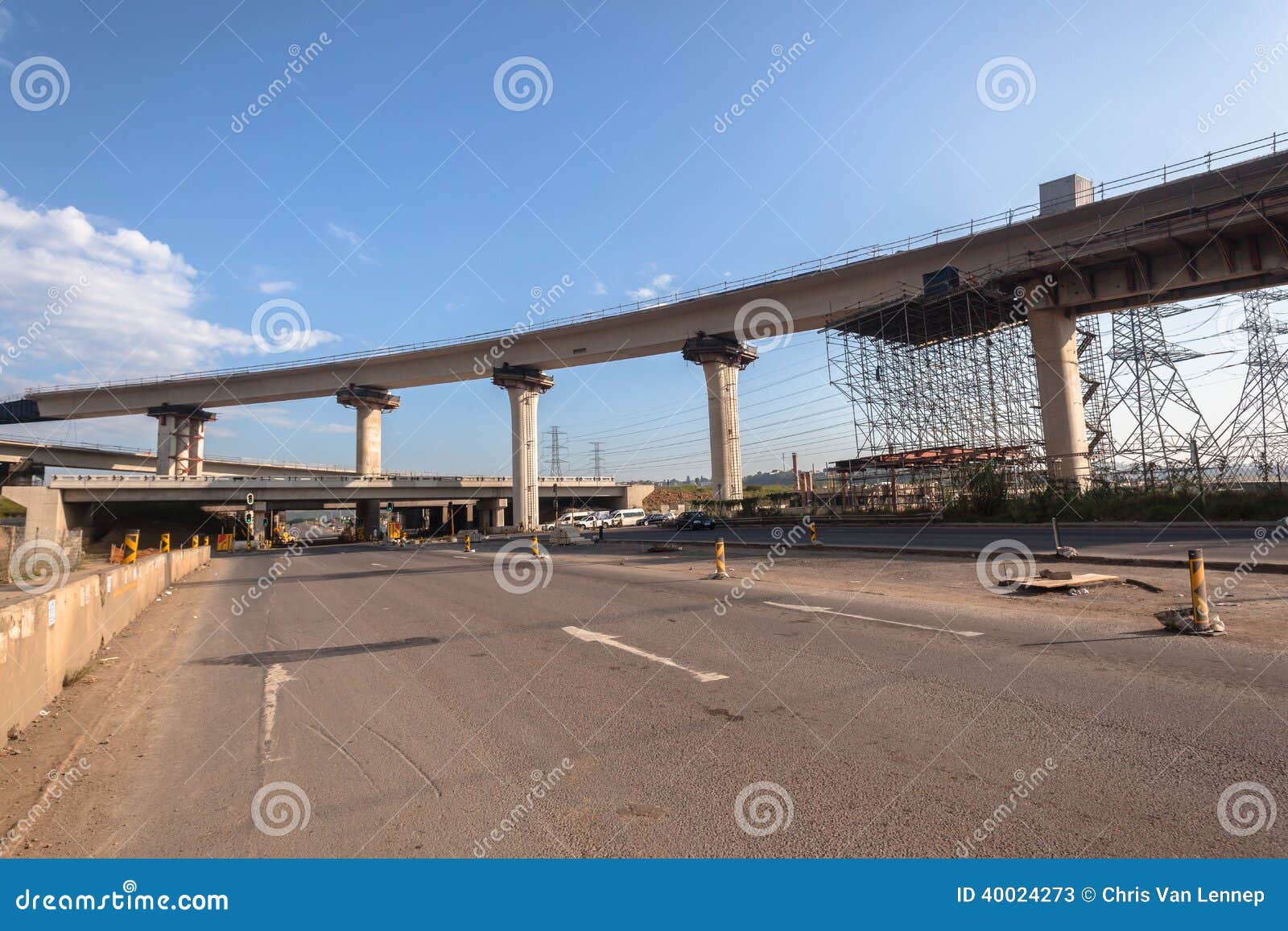The Intersection Of Civil Engineering And Artificial Intelligence For Infrastructure Management

Artificial intelligence, or AI, is revolutionizing nearly every industry, and civil engineering is no exception. By incorporating AI technologies into design, construction, and maintenance processes, civil engineers can enjoy a slew of benefits that help to make their jobs easier and more efficient.
Introduction
The field of civil engineering is dedicated to creating and maintaining the infrastructure necessary to support modern society. From skyscrapers to highways, dams to water treatment facilities, the scope of this field is vast and encompasses nearly every aspect of civil society.
As technology continues to evolve, so too does the role of civil engineers. Today, engineers must be adept at using state-of-the-art technology to design, construct, and maintain complex infrastructure projects. One of the most exciting new technologies to emerge in this field is AI, which has the potential to revolutionize civil engineering in ways that were once thought impossible.
Let's take a look at some of the ways in which AI is already making a difference in the field of civil engineering:
Design
One of the most exciting applications of AI in civil engineering is in the realm of design. Engineers can use AI to generate complex 3D models that can be used to visualize a project and identify potential issues before construction begins.
For example, AI can be used to identify areas where a building may be susceptible to wind or earthquake damage. By inputting data such as wind and seismic loads, engineers can use AI algorithms to analyze the structure and identify potential weak spots.
In addition, AI can be used to optimize designs for maximum energy efficiency, reducing the need for expensive heating and cooling systems. By taking into account factors such as sun exposure and airflow, AI algorithms can generate designs that are more sustainable and environmentally friendly.
Construction
AI can also be used to streamline the construction process and make it more efficient. For example, drones equipped with AI can be used to perform tasks such as site inspection, surveying, and even construction itself.
Additionally, AI can be used to monitor workers and equipment, ensuring that safety protocols are being followed and that projects are on schedule and within budget. By analyzing data in real time, AI algorithms can identify potential issues before they become major problems, allowing engineers to address them quickly and efficiently.
Maintenance
Finally, AI can be used to improve the maintenance and upkeep of infrastructure projects. For example, AI algorithms can be used to analyze data from sensors placed on structures such as bridges and dams.
By monitoring factors such as stress, strain, and vibration, AI can help engineers identify potential issues before they become major problems that require costly repairs. Additionally, AI can be used to predict when routine maintenance tasks such as oil changes or equipment replacements will be necessary, allowing engineers to schedule tasks in advance and minimize downtime.
FAQs
What is AI?
AI, or artificial intelligence, is the ability of machines to learn and perform tasks that would normally require human intelligence such as perception, reasoning, and decision-making.
How is AI being used in civil engineering?
AI is being used in civil engineering to streamline the design, construction, and maintenance processes of infrastructure projects. Applications of AI in civil engineering include 3D modeling, structural analysis, site inspection, and predictive maintenance.
What are the benefits of using AI in civil engineering?
Using AI in civil engineering can provide a number of benefits, including increased efficiency, improved safety, and lower costs. By using AI to optimize designs, streamline construction, and predict maintenance issues, engineers can complete projects more quickly and efficiently while minimizing the risk of errors and accidents.
What are the concerns about using AI in civil engineering?
While AI has the potential to revolutionize civil engineering, there are concerns about its impact on the workforce. As AI technologies become more sophisticated, there is a risk that some jobs may become automated, potentially leading to job loss for some workers.
What does the future of AI in civil engineering look like?
The future of AI in civil engineering is bright, with many exciting possibilities on the horizon. As AI technologies continue to evolve, we can expect to see more efficient and sustainable infrastructure projects, increased safety, and lower costs overall.
Conclusion
Overall, AI has the potential to revolutionize civil engineering by making projects more efficient, sustainable, and safe. While there are concerns about the impact of AI on the workforce, there is no doubt that this technology is quickly becoming an integral part of the civil engineering landscape. With continued investments in AI research and development, we can expect to see some truly amazing things in the years to come.


Post a Comment for "The Intersection Of Civil Engineering And Artificial Intelligence For Infrastructure Management"